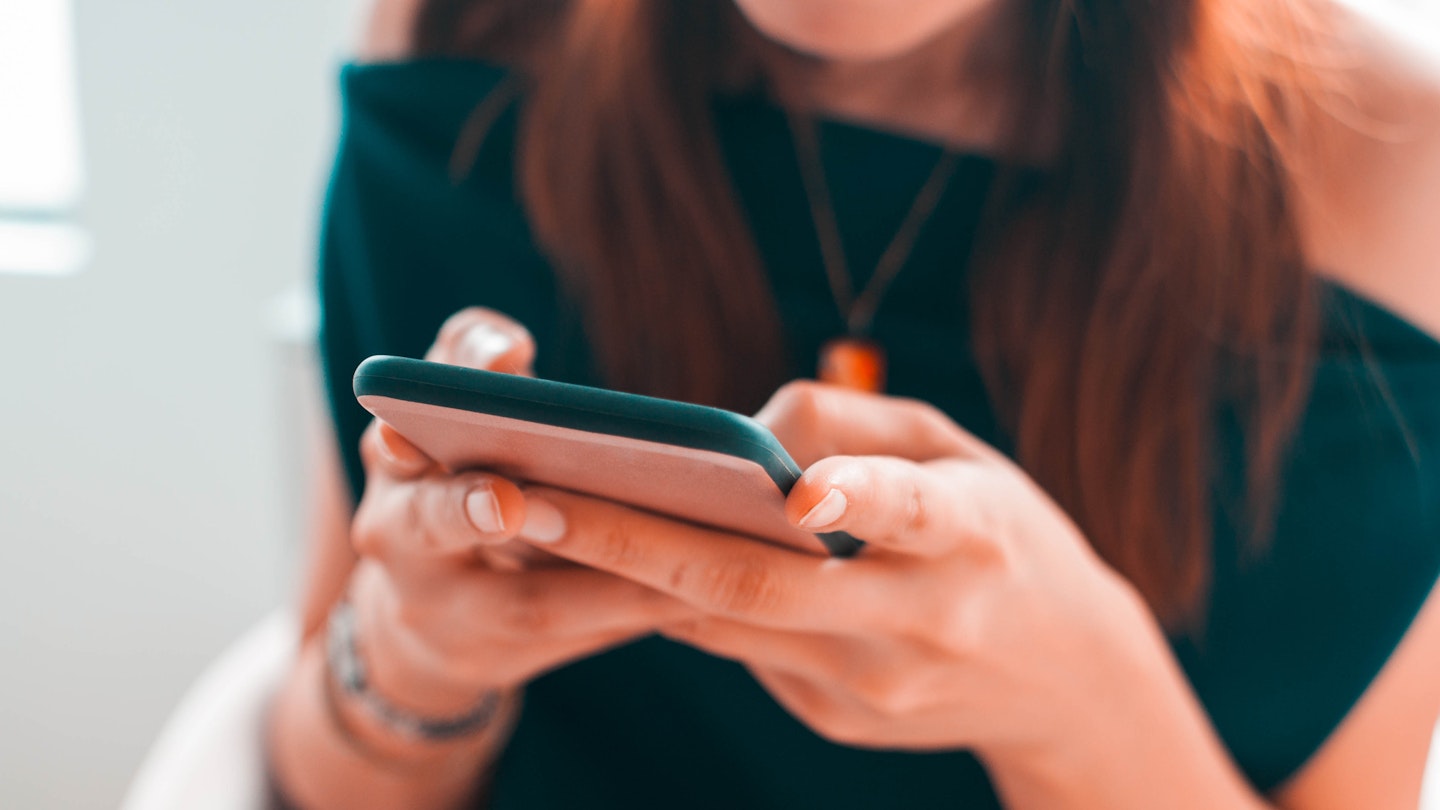Following Bumble’s debut on the stock market this week, Wall Street and Twitter alike are abuzz with renewed excitement about the self-described ‘feminist’ dating app. Established in 2014, Bumble was founded by Whitney Wolfe Herd who co-founded Tinder, too; both apps work in broadly the same way – users swipe on pictures of each other, hoping to ‘match’ – except for one crucial difference. On Bumble, women make the first move – and they only have 24 hours to make it.
With potential investors already keenly searching for Bumble share prices (they're currently at $43 per share, FYI), there's clearly confidence that Wolfe Herd's model works. But if there's a world less forgiving than the financial markets, it's online dating - so does Bumble live up to the hype?
It’s a model designed to disrupt the tiresome 'damsel in distress' attitude, where women are seen as 'needing a man' to take the lead. Bumble seeks to enable women to be as confident in the dating sphere as they are in their professional lives; ensuring women make the first move, Bumble believes, starts the future relationship off on a more even keel.
And, if its rocketing share prices are anything to go by, that point of difference has been something of hit when it comes to online dating. In a previous interview with founder Whitney, we posed our most burning questions on everything from Bumble BFFs to how the app got its name – join the hive, honey bees, and swot up on everything Bumble. Bzzz.
Bumble’s woman-first model sounds great, but what about the women who lack confidence to start the conversation?
When everybody is forced to do something, you don't feel you're putting yourself out there. Whitney likens it to the scenario of being in a bar and locking eyes with a really cute guy. 'He's essentially insinuating he would like to talk to you. You've already been validated... he already liked you. His friend comes over and says: "Here, he wants you to have his number." And then he disappears. You have no choice but to reach out to him, or you'll never see him again. The app [takes] all of [the] pressure and responsibility and expectation away.’
That’s all very well for heterosexual relationships, but how about Bumble’s queer community?
When it comes to LGBTQ users, either party in a same-sex match can speak first. What’s more, no-one has to clarify or define their sexuality – just tick a box in your profile to indicate that you’re interested in men, women or both and the app will recalibrate to accommodate your interests.
How about the app’s BFF feature?**
Bumble’s BFF feature enables users to meet new people nearby, cementing its reputation as an app that values more than one kind of relationship. While you can never have too many friends, it also opens the app to people who aren't interested in dating at all (and before you ask, the two features are colour-coded so there’s no confusion!)
Isn’t it shallow to start a romance based on someone’s looks?
That's not how Whitney sees it, and she makes a pretty convincing case too. 'On Bumble we've incorporated your job and your school – if you're at a bar or a nightclub, nobody has anything written on their head. You know nothing about that person except for how they look. Genuinely. I know more about you from Bumble than I do just meeting you at a bar. I see your job, your education [and] those are the first conversational starters. Those are the kind of kick-off points of the majority of conversations.’
Why is it called ‘Bumble’, anyway?
The name came from the ideas of a bee hive: a society that is extremely respectful, which works well together – with a Queen bee calling the shots, of course.
